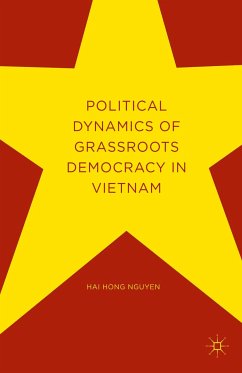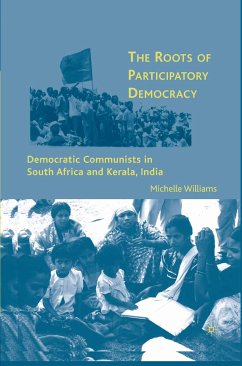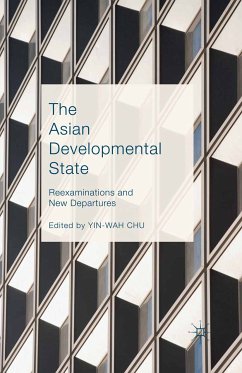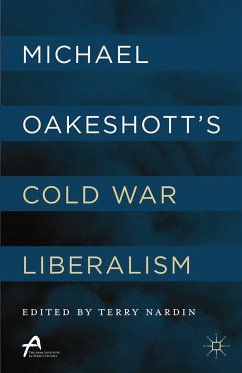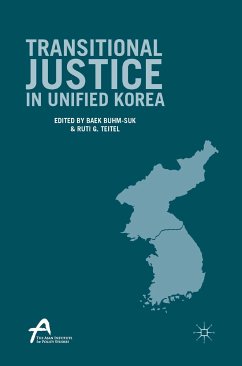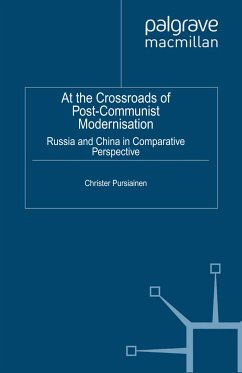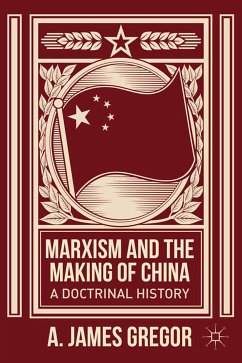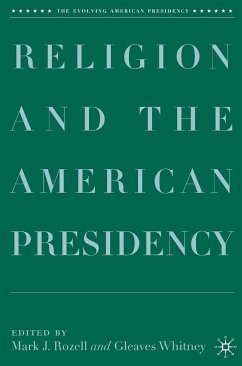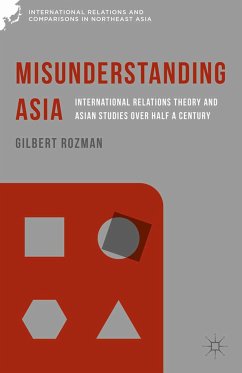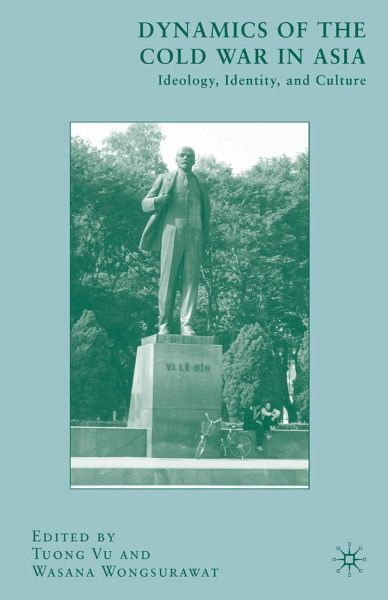
Dynamics of the Cold War in Asia (eBook, PDF)
Ideology, Identity, and Culture
Redaktion: Vu, T.; Wongsurawat, W.
Versandkostenfrei!
Sofort per Download lieferbar
40,95 €
inkl. MwSt.
Weitere Ausgaben:

PAYBACK Punkte
20 °P sammeln!
This book focuses on the neglected cultural front of the Cold War in Asia to explore the mindsets of Asian actors and untangle the complex cultural alliances that undergirded the security blocs on this continent.
Dieser Download kann aus rechtlichen Gründen nur mit Rechnungsadresse in A, B, BG, CY, CZ, D, DK, EW, E, FIN, F, GR, HR, H, IRL, I, LT, L, LR, M, NL, PL, P, R, S, SLO, SK ausgeliefert werden.



